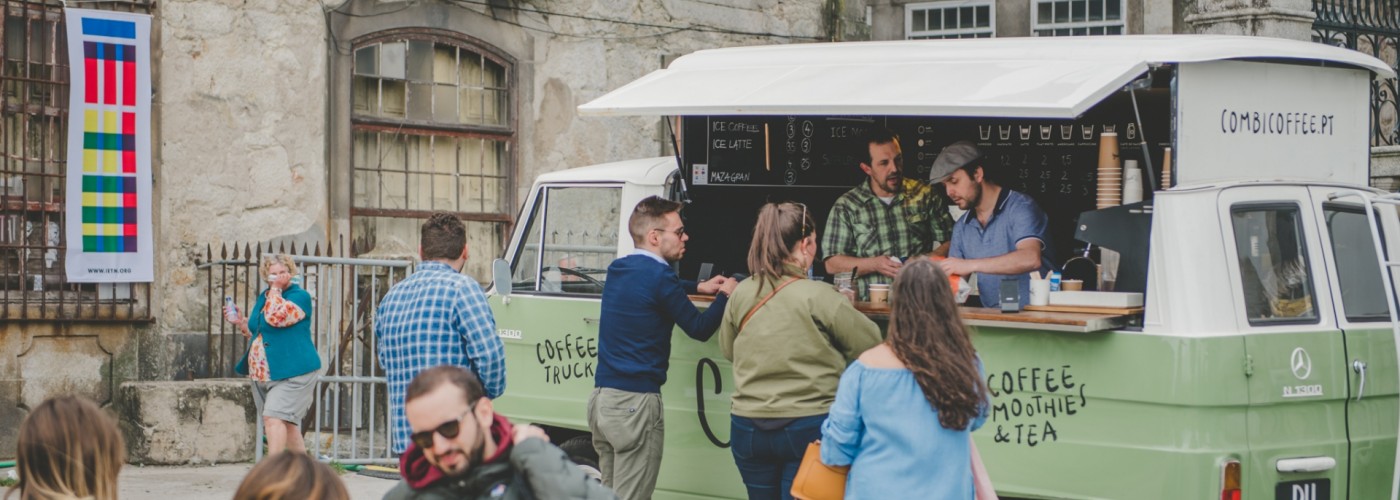| 21:00 | 21 |
|
| 21:00 | 21 |
| 21:00 | 21 |
|
| 21:00 | 21 |
|
| 23:00 | 21 |
|
| 23:00 | 21 |
|
| 23:00 | 21 |
|
| 23:00 | 21 |
|
| 23:00 | 21 |
|
| 23:00 | 21 |
| 00:00 | 21 |
|
| 00:00 | 21 |
|
| 00:00 | 21 |
|
| 00:00 | 21 |
|
| 00:00 | 21 |
|
| 00:00 | 21 |
|
| 21:00 | 21 |
|
| 21:00 | 21 |
|
| 21:00 | 21 |
|
| 21:00 | 21 |
|
| 23:00 | 21 |
|
| 23:00 | 21 |
|
| 23:00 | 21 |
|
| 23:00 | 21 |
| 00:00 | 21 |
|
| 00:00 | 21 |
|
| 00:00 | 21 |
|
| 00:00 | 21 |
|
| 17:00 | 21 |
|
| 17:00 | 21 |
|
| 19:00 | 21 |
|
| 19:00 | 21 |
|
| 21:00 | 21 |
|
| 21:00 | 21 |
|
| 21:00 | 21 |
|
| 21:00 | 21 |
|
| 21:00 | 21 |
|
| 21:00 | 21 |
|
| 22:30 | 21 |
|
| 22:30 | 21 |
| 00:00 | 21 |
|
| 00:00 | 21 |
|
| 17:00 | 21 |
|
| 17:00 | 21 |
|
| 18:00 | 21 |
|
| 18:00 | 21 |
|
| 19:00 | 21 |
|
| 19:00 | 21 |
|
| 19:00 | 21 |
|
| 19:00 | 21 |

